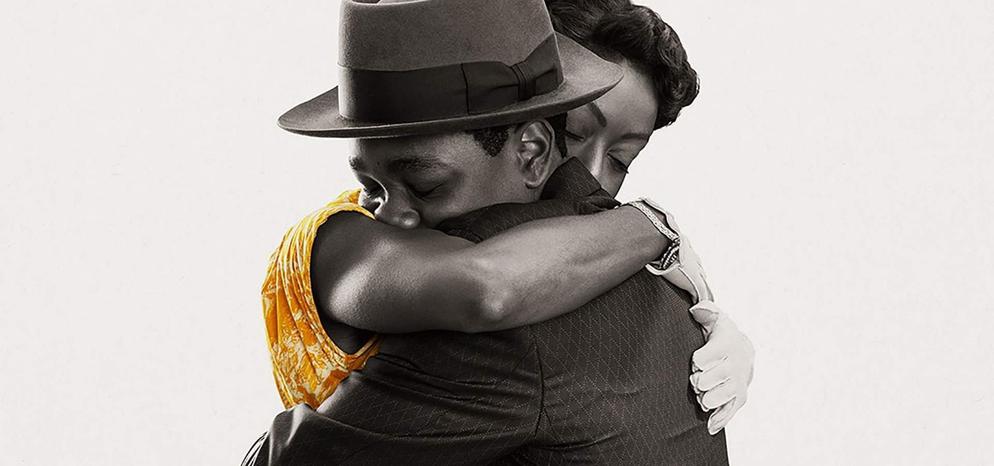Till (2022)

Till comes from writer/director Chinonye Chukwu (who directed 2019’s Clemency) and tells the true story of Mamie Till-Mobley (Danielle Deadwyler), who pursued justice for her son Emmett Till (Jalyn Hall) who was brutally lynched, or killed, when visiting his cousins in 1955 Mississippi.
The story is effectively communicated from the perspective of a close mother/son relationship. We get to see Emmett (who is called Bo by the family) and his mom share a strong bond between each other. Danielle Deadwyler delivers a fantastic performance and the screenplay calls for her to teach her son how colored people during this time had to show the utmost respect as to not give anyone a reason to be violent towards them. “You can’t risk them looking at you the wrong way. Be small,” Mamie tells Bo. It is so incredibly sad. The racism woven throughout our country’s history is sickening and this movie not only effectively highlights that aspect of history, but also the grief a mother feels after experiencing the loss of her child, something everyone will be able to have empathy for.
“Remove the sheet,” Mamie tells the woman who is about to show her Emmett’s body since it was brutally murdered. The scene is heartbreaking as we get to experience with Mamie the first look at her son, which you hope, “Maybe it’s not that bad,” or, “Maybe the creators toned down the brutality of this child’s wounds for film.” Emmett’s innocent child-like face is not even recognizable and you truly get to see the depths the group of racist individuals went to when executing this murder.
Racial tensions are disgustingly shown to display how cruel people are. There’s a scene where a white worker at the court tells the family, “There’s 8 spots for you and the rest of the family has to stand.” Mamie attempts to shake hands with a white gentleman who blows right past her, as if her and her family are a big inconvenience to everyone at this hearing. Another person makes the remark, “I thought you n-word(s) could read,”. Additionally, Mamie and her family fear their case will not connect to the all white jury. The screenplay is written in such a raw manner to showcase the reality of being a person of color in the 1950s.
Haley Bennet plays Carolyn Bryant, the woman Emmett presumingly provokes which ignites this woman to attempt to shoot Emmett within her shop and thus, arranges a group of individuals to brutally take out this child. I won’t share the details as to what Emmett says or how this interaction occurs in case you happen to not know and want to be surprised. Nonetheless, it’s an innocent interaction and Bennet brings forth such a vile antagonistic presence. I truly hated the character she’s portraying and then to see what she says in the courtroom, in front of Emmett’s mother is incredibly shocking. Haley Bennet plays this racist unsympathetic character the way she was meant to be played and despite me not liking the character, I thought Bennet did excellent playing a character we all are supposed to despise.
The film does feel like there’s two parts to it; the first hour is focused on the relationship between Mamie and Emmett and the brutal murder itself. The second hour focuses on the court proceedings and the aftermath Mamie experiences with her loss, as well as the forgiveness of the people who, at the time of the murder, were supposed to be protecting Emmett. The film is a little long as the film allows multiple scenes that could’ve been shortened to keep rolling with either silence, showcasing a character grieve, or simply showing a character soak up some anxious news. The film probably could have been 10 minutes shorter but nonetheless still encompasses a ton of enlightenment on our nation’s history and the grief a mother endures when something like this happens to her.
| Final Verdict: | Not only effectively highlights racial history, but also the grief a mother feels after experiencing the loss of her child (who Danielle Deadwyler brings to life). |
| Rating: | B+ |






